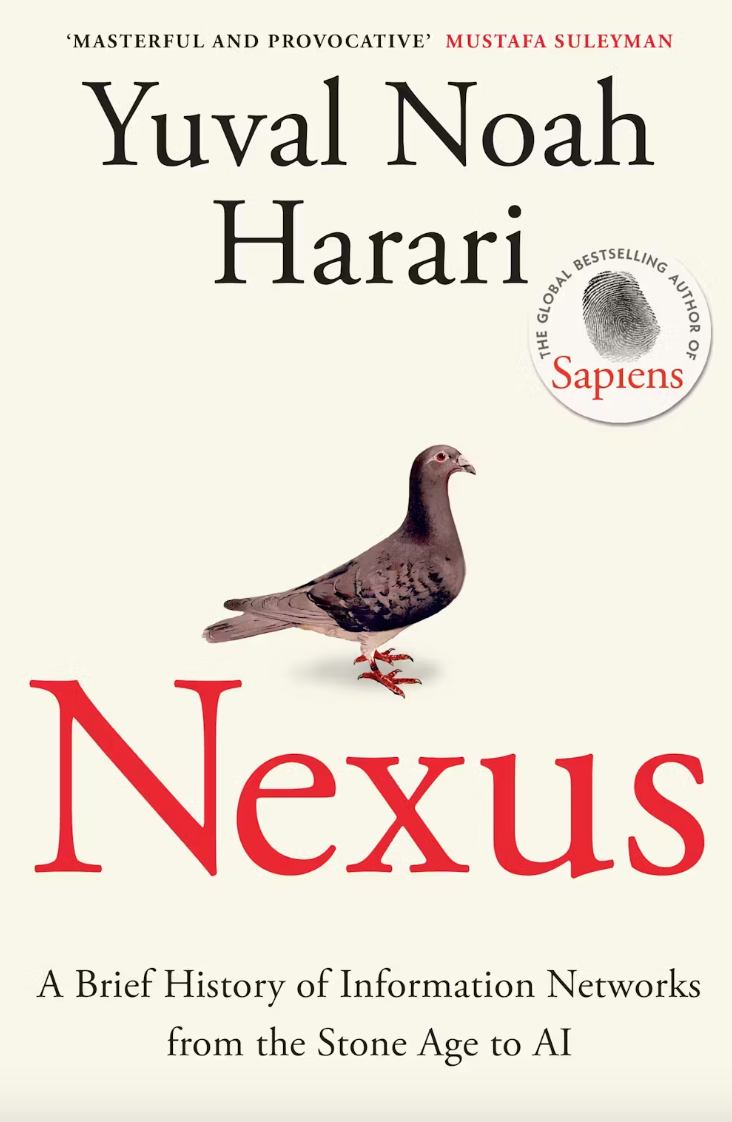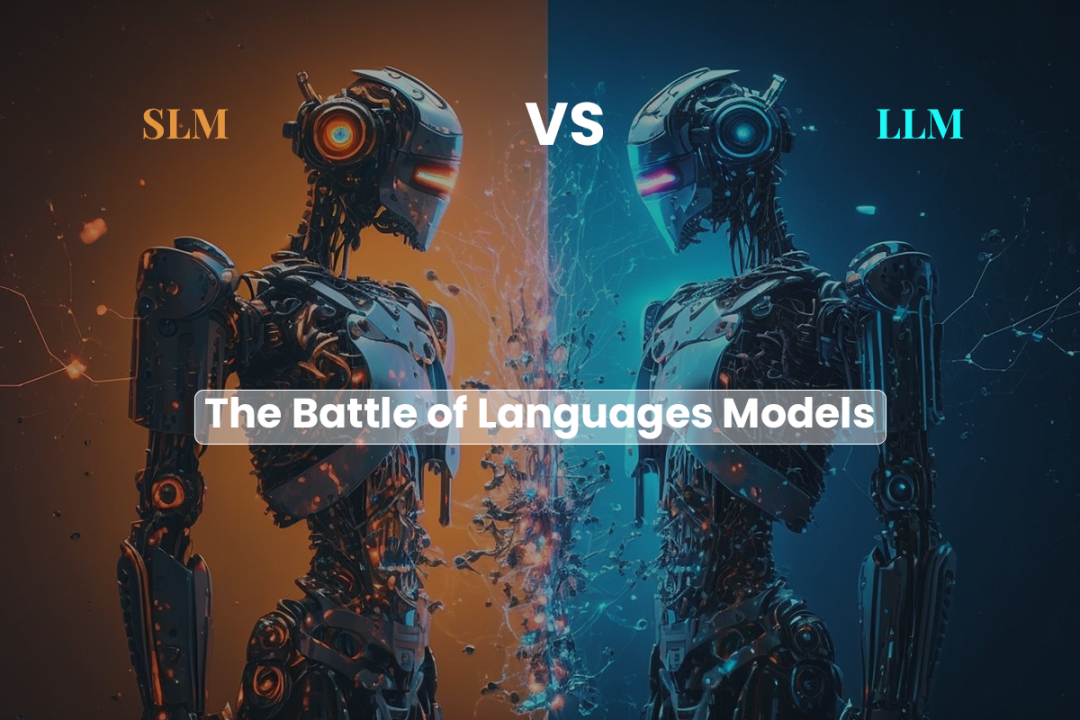Has AI hacked the operating system of human civilization?
Created On, 20 Oct 2024





The books Sapiens: A Brief History of Humankind and Homo Deus: A Brief History of Tomorrow have accustomed readers to anticipating groundbreaking ideas from the well-known historian Yuval Noah Harari. Through these works, we become akin to AI models trained on vast amounts of data to learn and predict.
In his newest book, Nexus: A Brief History of Information Networks from the Stone Age to AI, Harari delves into the long history of humanity and the future of human networks. He presents various examples from both the past and modern times to illustrate how information has shaped and continues to transform societies.
In Sapiens, Harari examines the cognitive revolution that allowed humans to create shared myths and stories. In Nexus, he focuses on how these narratives are spread, sustained, and altered through information networks.
A key argument Harari presents in Nexus is that AI represents a profoundly transformative force in the evolution of human civilization. He had previously discussed this idea in a 2023 article, where he examined how AI can manipulate language, culture, and society, warning that AI has already "hacked the operating system of human civilization."
Nexus spans the vast history of humanity, from the emergence of Homo sapiens and their interactions with other ancient humans to advanced technologies like Neuralink (an implant enabling communication with computers through thought alone) and the role of AI in shaping the future of civilization.
Harari takes readers on a journey through thousands of years of history in Nexus, maintaining a clear and persuasive argument about the significance of information networks. The way he links ancient history with modern technology encourages readers to reconsider their perspectives on both the past and the present.
Harari’s narrative can sometimes appear overconfident, especially when connecting seemingly unrelated events and phenomena under the broad concept of "networks." However, this boldness in exploring complex ideas is part of what attracts his readers.
Whether or not readers agree with him, Harari once again emphasizes the importance of studying history for humanity's survival.
History, Harari reminds us, provides valuable lessons in ethics and morality by revealing the consequences of human actions. It challenges us to think about the moral implications of decisions made by leaders and individuals, while also prompting us to reflect on our own choices.
AI, Power, and the Future of Human Networks
In his characteristic manner, Harari connects this theme to broader political and social issues, particularly the growing influence of authoritarianism and populism. He argues that as AI plays an increasingly significant role in decision-making—such as deciding who gets a loan or who is targeted in military actions—transparency and accountability are gradually undermined.
This poses a potential danger to democracy. Citizens may no longer fully grasp or question the forces shaping their lives. Additionally, Harari raises the issue of possible human extinction. Before that scenario unfolds, however, he imagines a future where AI-powered networks worsen inequality, especially through dominant tech companies. Governments might also leverage AI to strengthen their control over information and resources.
By bridging the ancient world with the digital age, Harari revisits key arguments from his previous works, particularly Sapiens. Like Sapiens, Nexus investigates the role of shared myths and collective narratives in human history, but with a stronger focus on how information networks support societies.
Harari also considers how future AI networks could transform not only society but the entire biosphere, potentially creating new forms of life and intelligence. He cautions that the rise of AI might become a pivotal moment in human history, where we could lose control over the networks that have long been our greatest source of power.
This futuristic outlook aligns Nexus with Harari's other speculative work, Homo Deus, which also examines the potential effects of technological progress on humanity's future. While Homo Deus often ventures into darker realms, Nexus stays rooted in historical analysis. Harari strengthens his case by providing concrete historical examples, from the invention of the printing press to the rise of global empires.
As a result, Nexus comes across as more balanced and less alarming than some of his other works—though its warnings remain just as significant.
A Call to Action
One critique of Nexus could be Harari's tendency to simplify complex historical events to support his arguments. Nevertheless, his effort to frame human history within the context of information networks is intellectually stimulating.
For example, his view of religious texts as mere tools for social control overlooks the rich variety of interpretations and deep spiritual experiences that have shaped religious traditions. Similarly, his portrayal of bureaucratic systems as mechanisms to maintain power fails to acknowledge their role in fostering social mobility and protecting individual rights.
Despite these occasional oversimplifications, Nexus remains a compelling call to action. The book provides a broad overview of the history of information networks while issuing a stark warning about the future. Harari links ancient history to the most pressing technological and political challenges of the 21st century, offering a framework for understanding the risks and opportunities posed by rapidly evolving technologies.
As an atheist who views religion as a collective fiction created by humans, Harari seems to convey a clear message: AI, though human-made, will never possess a soul. In this context, the soul represents the unique human drive for creativity. In other words, no matter how advanced AI becomes, it will never match human capabilities. AI lacks the ability to inspire creativity, emotion, and ethical or moral reasoning.
Nexus is both an ambitious and unsettling work. It doesn’t provide easy answers but instead pushes readers to critically reflect on what governs their lives and how AI might reshape them. For those interested in the intersection of history, technology, and power, Harari once again sparks deep thought.
Welcome to our blog section where we share the latest updates, insights, and stories from our community.

Do you still remember Sophia the Robot? She frequently appeared on global tel..

Small Language Models (SLMs) are gaining popularity due to their resource eff..

Digital citizenship is the ability of individuals to use digital technology w..

